Ahead of the 2027 general election, the Independent National Electoral Commission (INEC) appealed to the National Assembly to expedite action to conclude the electoral legal framework speedily so that the commission would have enough time for implementation.
This is just the commission that pushed for the amendment of the 1999 Constitution and the Electoral Act, 2022, to, amongst other things, make provisions for special voting to cater for inmates and diasporan citizens and establish the Electoral Offences Commission and Political Party Regulatory Agency.
On Monday, the electoral body made its position known at a retreat of the National Assembly – Senate and House of Representatives Joint Committee on Electoral Matters, INEC on the ‘Review of the Electoral Legal Framework’ in Lagos.
In his remarks, the chairman of INEC, Professor Mahmood Yakubu, said the retreat was a unique opportunity to improve the country’s electoral process, which is rooted in the legal framework.
Yakubu said a similar retreat held five years ago provided many benefits, one of which was addressing a perennial problem in the conduct of elections in Nigeria: the postponement of the dates fixed for general elections on two occasions since 2011 as a result of logistics challenges associated with the production and delivery of sensitive materials (ballot papers and result sheets).
“After a thorough review, we concluded that the problem was not one of technical capacity. Nigerian printers can meet our needs. The real challenge was time management. Under the 2010 Electoral Act (as amended), the Commission had just 60 days between the conclusion of party primaries and the conduct of the general election to know which political party was fielding candidates in each of the 1,491 seats made up of 1 presidential constituency, 28 governorship, 109 senatorial, 360 federal and 993 state constituencies.
“We need the information for customisation of the ballot papers and results sheets. Moreover, the Voters’ Register, the basis for planning the procurement of sensitive materials, has increased with every election by an average of 10 million new voters from 2011 to the last election in 2023.
“The solution was to amend the Electoral Act to provide for more time between party primaries and the nomination of candidates on the one hand and the dates fixed for the election on the other.
The commission initially asked for one year, which was not favourably considered by the lawmakers, who eventually settled for the current 180 days (six months).
“As a result of that decision, the Commission had ample time to plan and consequently, for the first time in three electoral cycles, the 2023 General Election was not postponed because of logistics associated with the printing and delivery of sensitive materials.
“Equally significant is that for the first time since the restoration of democracy in 1999, not a single sheet of paper for the 2023 general election was printed outside Nigeria. Everything was done within the country, for which the Commission was commended by the Chartered Institute of Professional Printers of Nigeria (CIPPON).
“As we embark on yet another review of our electoral laws, we will share our field experience with lawmakers and draw attention to some of the proposed reforms and their implications for the management of elections. This makes the retreat of this nature a unique opportunity to improve our electoral process, the foundation of which is rooted in the legal framework.
“Finally, I wish to appeal to the National Assembly to expedite action to conclude the electoral legal framework speedily so that the commission will have enough time for implementation,” he stated.
In a presentation on “Issues and Contentions in the Electoral Legal Framework (Constitution and Electoral Act) from INEC,” Professor Mohammad Kuna, Special Adviser to the Chairman of INEC, said that since the conduct of the 2023 general election, a few issues and contentions have arisen that require legislative attention.
According to him, some of these issues and contentions required only the amendment of the Electoral Act 2022, while a few required constitutional amendment.
Therefore, Kuna called for provisions to enable the introduction of early/ special voting to cater for eligible voters on essential services, election personnel, voters under incarceration, those in the Diaspora, and out-of-country voting for eligible Nigerians outside the country during elections by introducing a new sub-section 12 (2) and amending Section 45 of the Electoral Act.
He also urged the National Assembly to amend the electoral legal framework to establish (a) an Electoral Offences Commission and (b) a Political Party Regulatory Agency.
“This would require the amendment of Sections 75, 76, 77, 78, 79, 80, 81, 82, 83, 84, 85, 86, 87, 89, 90(4), 144 and 145 of EA 2022. These provisions border on the powers of the Commission to register/deregister, monitor, and regulate political parties should now be transferred to the Political Party Regulatory Agency,” Kuna stated.
“Amend Section 31 of EA (Electoral Act) 2022 to more clearly define the period for the withdrawal and substitution of candidates by law so that no party can substitute its candidate two weeks after the publication of the final list of candidates, except in the event of death, as provided in Sections 33 and 34 of the Electoral Act 2022.
“Amend Section 82 (5) of EA 2022 relating to the failure to submit dates and venues of party congresses and primaries on schedule. Provide stiffer penalties for political parties that fail to submit dates and Venues of party congresses and primaries/those that fail to comply with the Rules and Guidelines of their party primaries.
“Amend Sections 48, 49, 71 & 91 of the 1999 Constitution by providing new provisions for Special Seats for Women and PwDs. Review Sections 47 (1) and 16 (1, 2 & 4) on the Design, Printing, Control, Issuance and Use of PVCs.
“Review Section 47 (1) as well as 16 (1, 2 & 4) to Modify Requirements for the Use of PVCS to allow for the Introduction of Electronically Downloadable Voters’ cards of Any Other Form of ID Acceptable to the Commission.
“Amend Section 19 (2) of EA 2022 to extend the period for the Display of the preliminary Register of Voters and processing time. This amendment is being sought to provide sufficient time for the Commission to incorporate changes resulting from the display of the preliminary register of voters for claims and objections by Section 19 (2) of EA 2022 from 14 to 21 days.
“Amend Section 65 (1) to Provide Clarity on the Commission’s Powers to Review Election Results. In Section 65 (1), create a caveat that the triggers to review results should be instances of declarations made under duress.
“Amend Sections of EA 2022 to Remove Ambiguities/Cross-Referencing Errors. Section 60 (5) refers to ‘transfer’ of results while 64 (4 & 5) spoke about ‘direct transmission’; (b) Section 64 (4a & 5) refers to 47 (2) with regards the transmission of results; yet 47 (2) does not refer to the transmission of results; (c ) there are similar ambiguities identified in Sections 29 (1), 75 (3) & (4), 77(3), 131 (5) & (6) and 132 (5-10) of the The Electoral Act, 2022, is detailed in the submission of the Commission.
“Amend Section 14 (3) Paragraph F of the Third Schedule to the 1999 Constitution to Confer the Power of Appointing and Disciplining Heads of State and FCT Office. More Stable Funding Regime – substituting in Section 3 (3) the words ‘election funds… ‘ for any general elections’ are to be released’ shall be released.”
We’ve got the edge. Get real-time reports, breaking scoops, and exclusive angles delivered straight to your phone. Don’t settle for stale news. Join LEADERSHIP NEWS on WhatsApp for 24/7 updates →
Join Our WhatsApp Channel
 18 hours ago
9
18 hours ago
9
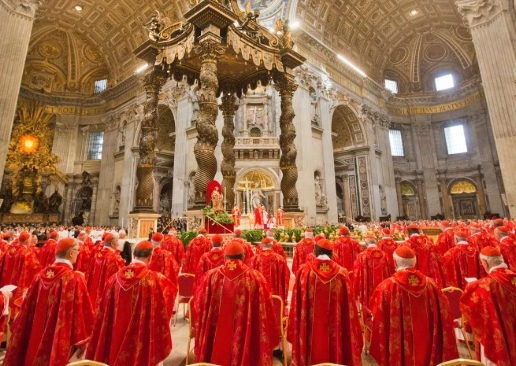




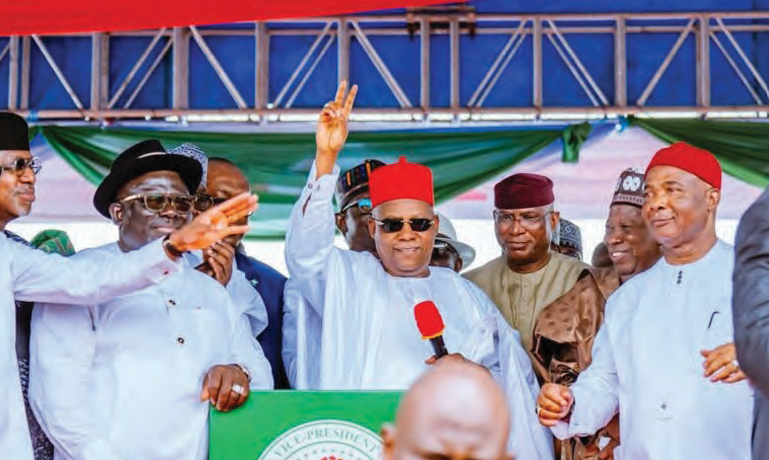


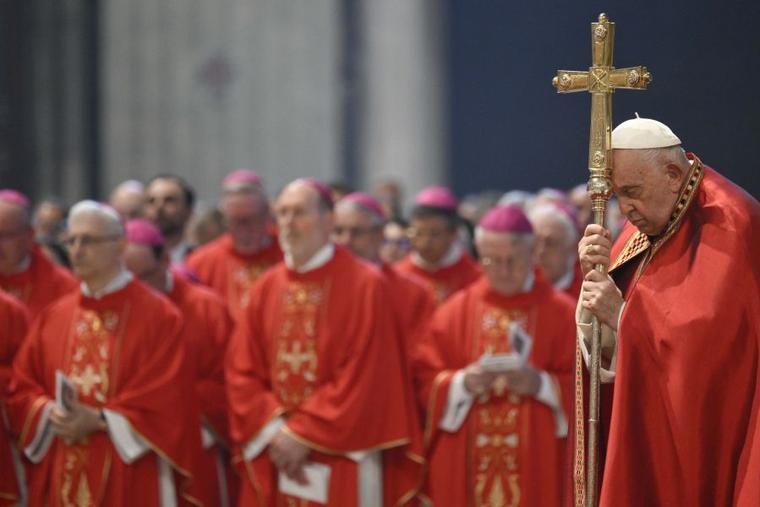

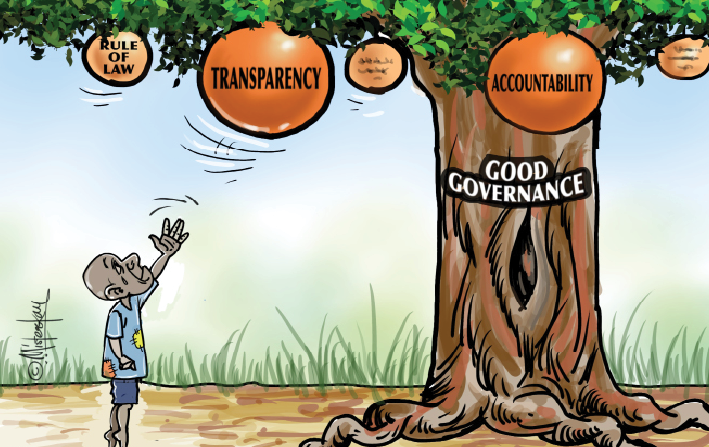


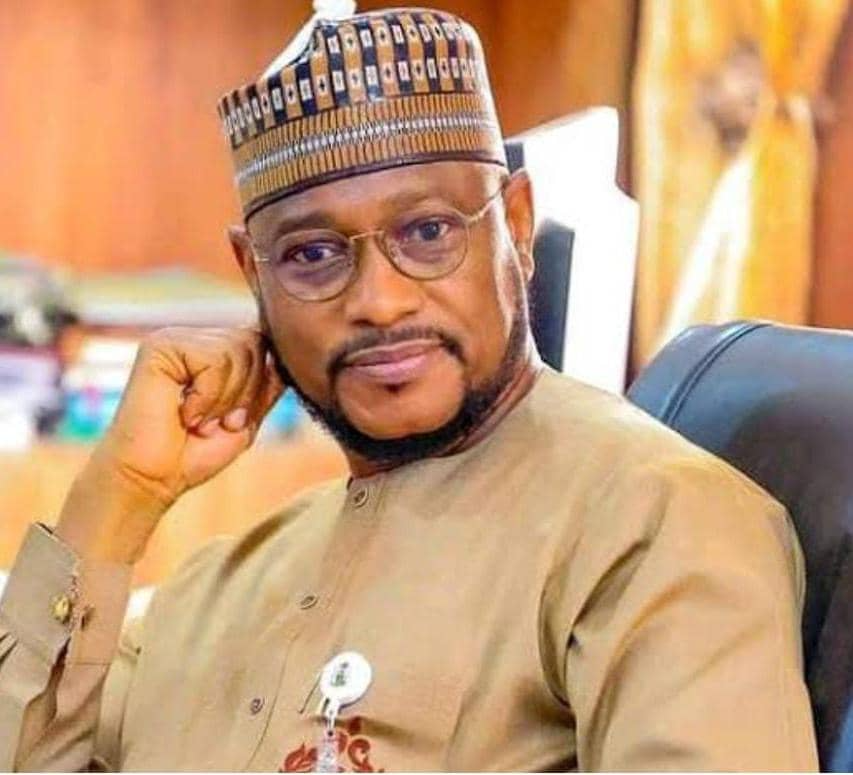

 English (US) ·
English (US) ·